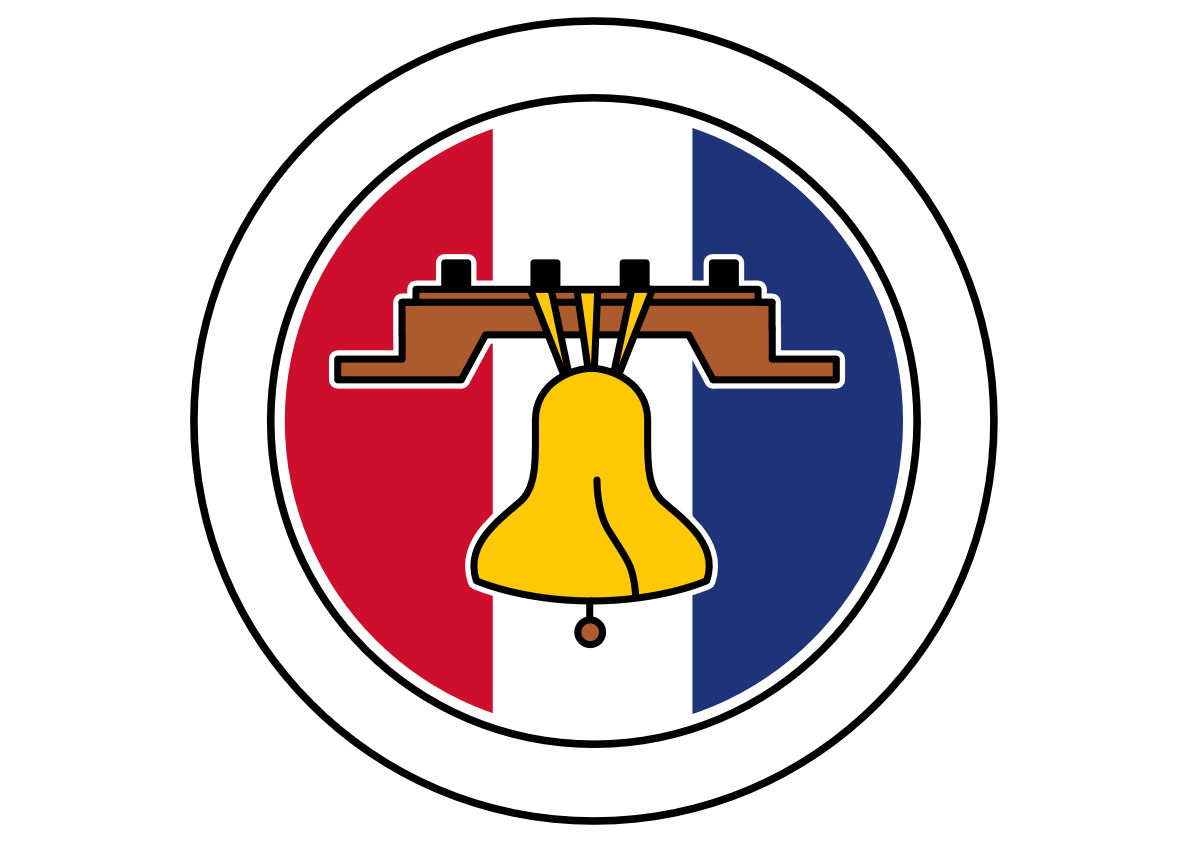United States Constitution 18th Amendment
Amendment XVIII (1919)
Section 1. After one year from the ratification of this article the manufacture, sale, or transportation of intoxicating liquors within, the importation thereof into, or the exportation thereof from the United States and all territory subject to the jurisdiction thereof for beverage purposes is hereby prohibited.
Section 2. The Congress and the several States shall have concurrent power to enforce this article by appropriate legislation.
Section 3. This article shall be inoperative unless it shall have been ratified as an amendment to the Constitution by the legislatures of the several States, as provided in the Constitution, within seven years from the date of the submission hereof to the States by the Congress.
The 18th Amendment to the United States Constitution, ratified in 1919, marked a significant chapter in American history by prohibiting the manufacturing, sale, and transportation of intoxicating liquors. This landmark legislation, born out of the temperance movement's efforts to address widespread alcohol abuse, sought to promote public morality and reduce social ills associated with alcohol consumption. Despite its noble intentions, the 18th Amendment ultimately led to unforeseen consequences, such as the rise of organized crime and black-market alcohol trade. Its controversial impact paved the way for its eventual repeal by the 21st Amendment in 1933, making it the only amendment to be repealed in its entirety. The 18th Amendment's legacy continues to spark debates on the balance between individual freedoms and public welfare, providing a compelling case study in the dynamic and evolving nature of constitutional law in the United States.
